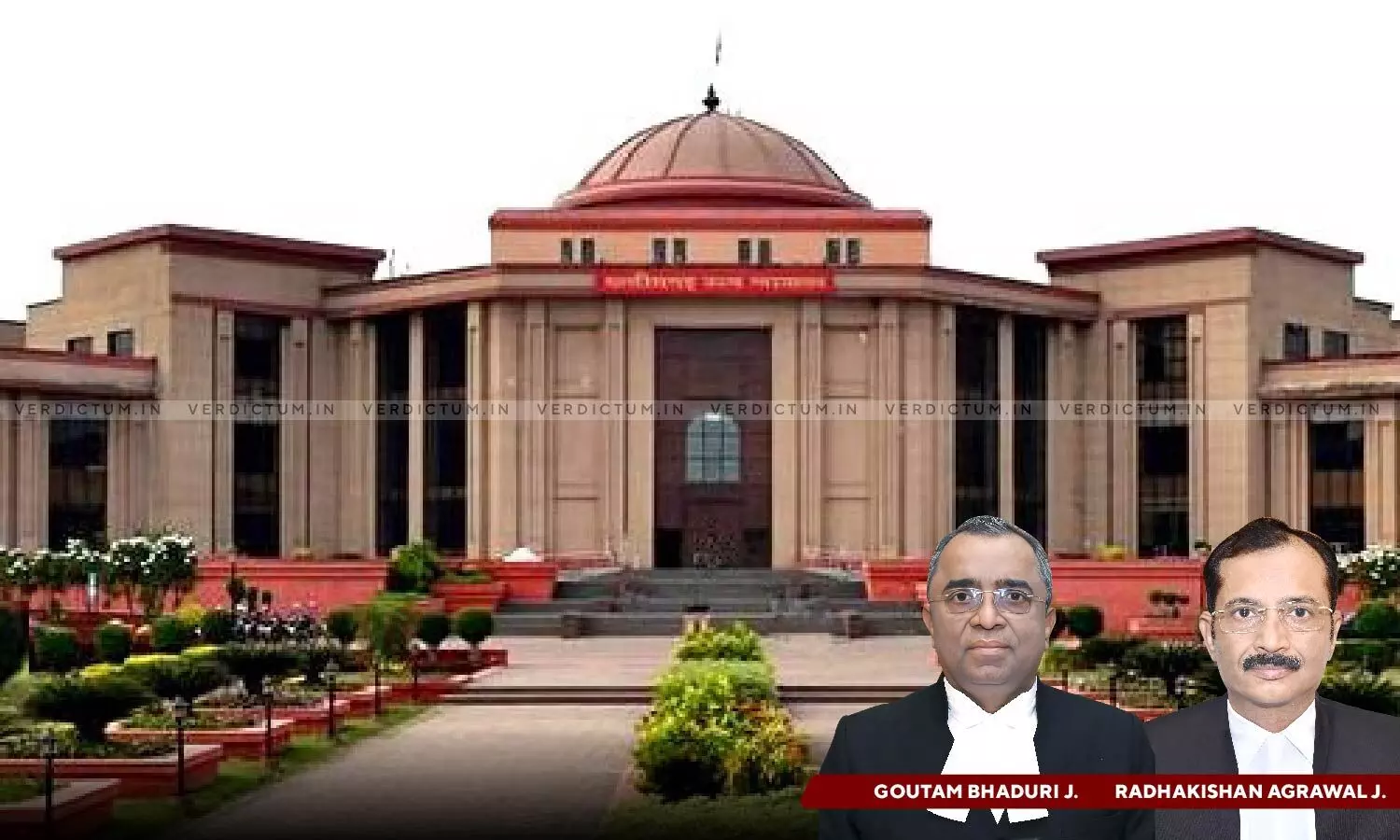
Plea Of Sale By Ostensible Owner Cannot Be Invoked U/S 41 Transfer Of Property Act If Sale Was Made By Co-Sharers: Chhattisgarh HC
 |
|The Chhattisgarh Court held that a plea of sale by an ostensible owner cannot be invoked under Section 41 of the Transfer of Property Act if the sale was made by one of the co-sharers.
The Court explained that an application of Section 41 of the Transfer of Property Act (TPA) would not be applicable when one of the co-sharers was in possession of the property which cannot be taken to be exclusion of the others.
A Division Bench of Justice Goutam Bhaduri and Justice Radhakishan Agrawal observed, “Even otherwise, since the sale was made by one of the co-sharer, plea of sale by ostensible owner cannot be invoked under section 41 of the Transfer of Property Act and the conduct of the other co-sharer namely the plaintiff, permitting one of the co-sharer to manage the common property would not raise by itself the ground of estoppel precluding them from asserting their right.”
Advocate Manish Upadhyay represented the appellant, while Sr. Advocate Prafull N. Bharat appeared for the respondents.
The property in dispute was recorded under the name of the wife in the revenue records. Since the husband had died intestate, the property was equally divided amongst the mother and four children as per Section 9 of the Hindu Succession Act.
The Court stated that although the property was recorded under the name of the wife, it did not bestow her with the exclusive title over the property shelving Sections 8 and 9 of the Hindu Succession Act, 1956. “The mutation of the name in the revenue records would not cloth wife Usha Bagh with the exclusive title over the property,” the Court clarified.
The wife had sold the entire property with the consent of one of her sons, but not all the other legal heirs. The Court explained that “the purchaser had not taken proper due care and had not exercised reasonable care and made enquiry about ownership.”
Therefore, “unless there is a disclaimer relinquishment of right by a registered deed by the other co-sharer, the right cannot be eliminated,” the Court remarked.
Consequently, the Court held that the sale of property made by the mother with the consent of one of her sons would not be binding on other co-sharers of the property.
Accordingly, the High Court allowed the appeal.
Cause Title: Dr. Chandrakant Bagh v. Arvind Bagh & Ors. (Neutral Citation: 2024:CGHC:9023-DB)
Appearance:
Appellant: Advocate Manish Upadhyay
Respondents: Sr. Advocate Prafull N. Bharat; Advocate Rishikant Mahobia, Akash Pandey, Arvind Shrivastava, Shivam Mishra, Akhilesh Kumar, T.K. Jha and Tapan Kumar Chandra